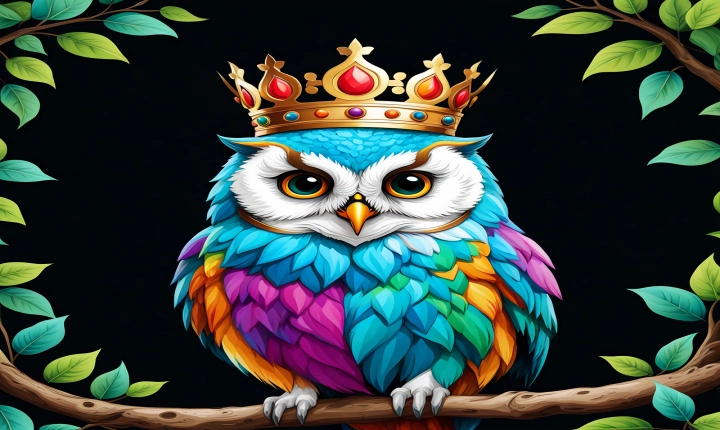The Future of Film Production: How AI will Revolutionize the Industry
As technology continues to advance at an unprecedented rate, the film industry is poised for a major transformation with the integration of artificial intelligence (AI) into the production process. AI is already being utilized in various aspects of film production, from scriptwriting and pre-production planning to post-production editing and special effects. The integration of AI into the film production process has the potential to streamline workflows, enhance creativity, and open up new possibilities for storytelling.
One of the most significant areas where AI is impacting film production is in the writing and development of scripts. AI algorithms are now capable of analyzing vast amounts of data from successful films, identifying patterns in dialogue, plot structures, and character development. This data can then be used to generate story ideas, create character profiles, and even write complete scripts. While the idea of AI-generated scripts may initially raise concerns about the authenticity of storytelling, it also presents an opportunity to explore new narrative styles and break away from traditional storytelling conventions.
In pre-production, AI is changing the way filmmakers plan and execute their projects. AI-powered tools can analyze shooting locations, weather patterns, and historical data to optimize filming schedules and budget management. This can lead to more efficient use of resources and reduced production costs. Additionally, AI is being used to generate storyboards, design sets, and even assist with casting decisions by analyzing the audience’s preferences and the actors’ performances in previous films.
During the production phase, AI is enabling filmmakers to optimize the filming process through advanced camera tracking and motion capture technologies. AI-powered cameras can automatically adjust focus, exposure, and framing to capture the perfect shot, reducing the need for manual adjustments and reshoots. Furthermore, AI is being used to create virtual sets and environments, allowing filmmakers to create immersive worlds that were previously impossible to capture on a traditional soundstage.
In post-production, AI is revolutionizing the editing and effects process. AI-powered editing software can analyze raw footage and automatically assemble scenes based on predefined parameters, saving hours of manual labor for editors. Additionally, AI is being used to enhance visual effects, making it easier to create realistic creatures, environments, and action sequences.
The integration of AI into film production also presents new opportunities for audience engagement. AI algorithms can analyze audience preferences and feedback to inform marketing strategies, distribution plans, and even influence the creation of personalized content. This level of audience insight has the potential to revolutionize the way films are marketed and distributed, leading to more targeted and impactful campaigns.
Despite the many benefits of AI in film production, there are challenges and ethical considerations that need to be addressed. The potential for AI to replace human creativity and intuition raises questions about the role of artists and storytellers in the filmmaking process. Furthermore, the use of AI to manipulate audience perceptions and behavior raises concerns about privacy and the ethical use of data.
In conclusion, the integration of AI into film production is poised to revolutionize the industry in countless ways, from the creation of innovative storytelling techniques to the optimization of production processes. While AI presents both opportunities and challenges, it is clear that it has the potential to shape the future of filmmaking in ways that were previously unimaginable. As filmmakers continue to explore and embrace the possibilities of AI, the future of film production is sure to be characterized by unprecedented creativity, efficiency, and innovation.
